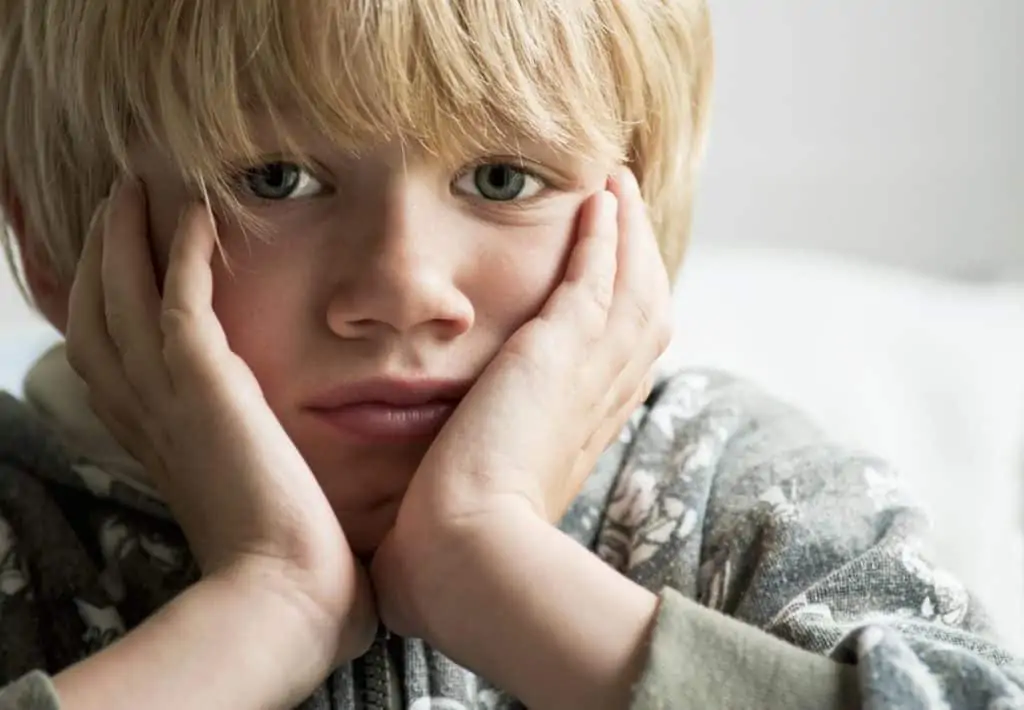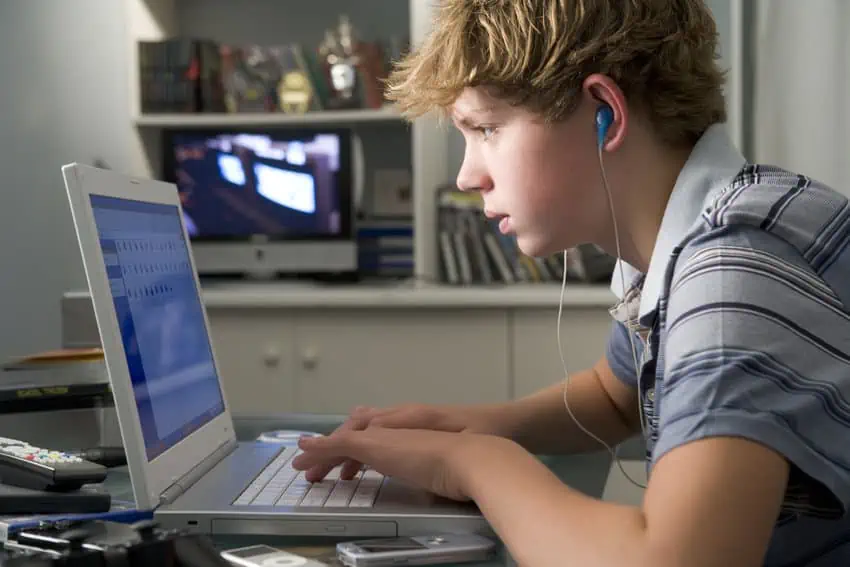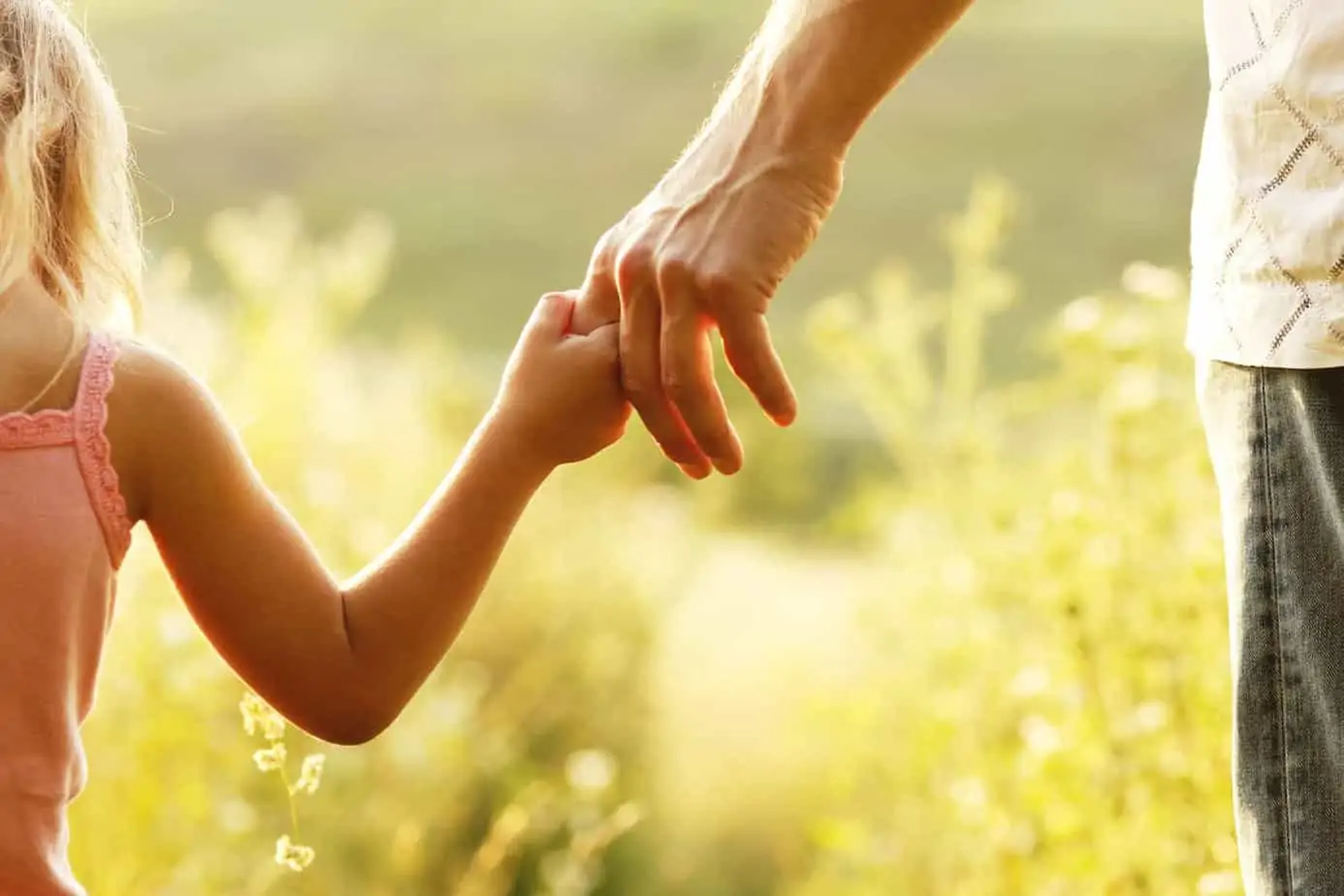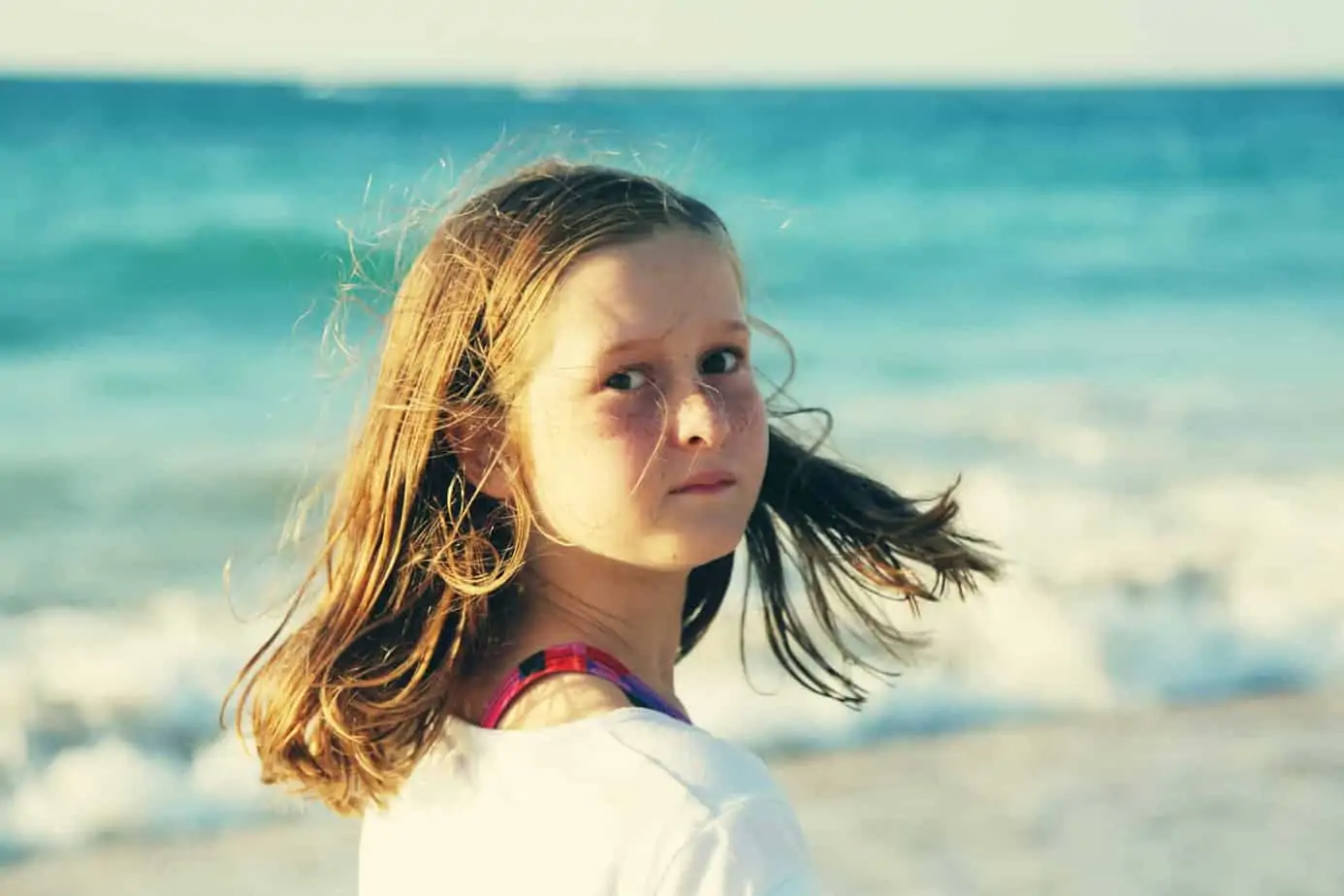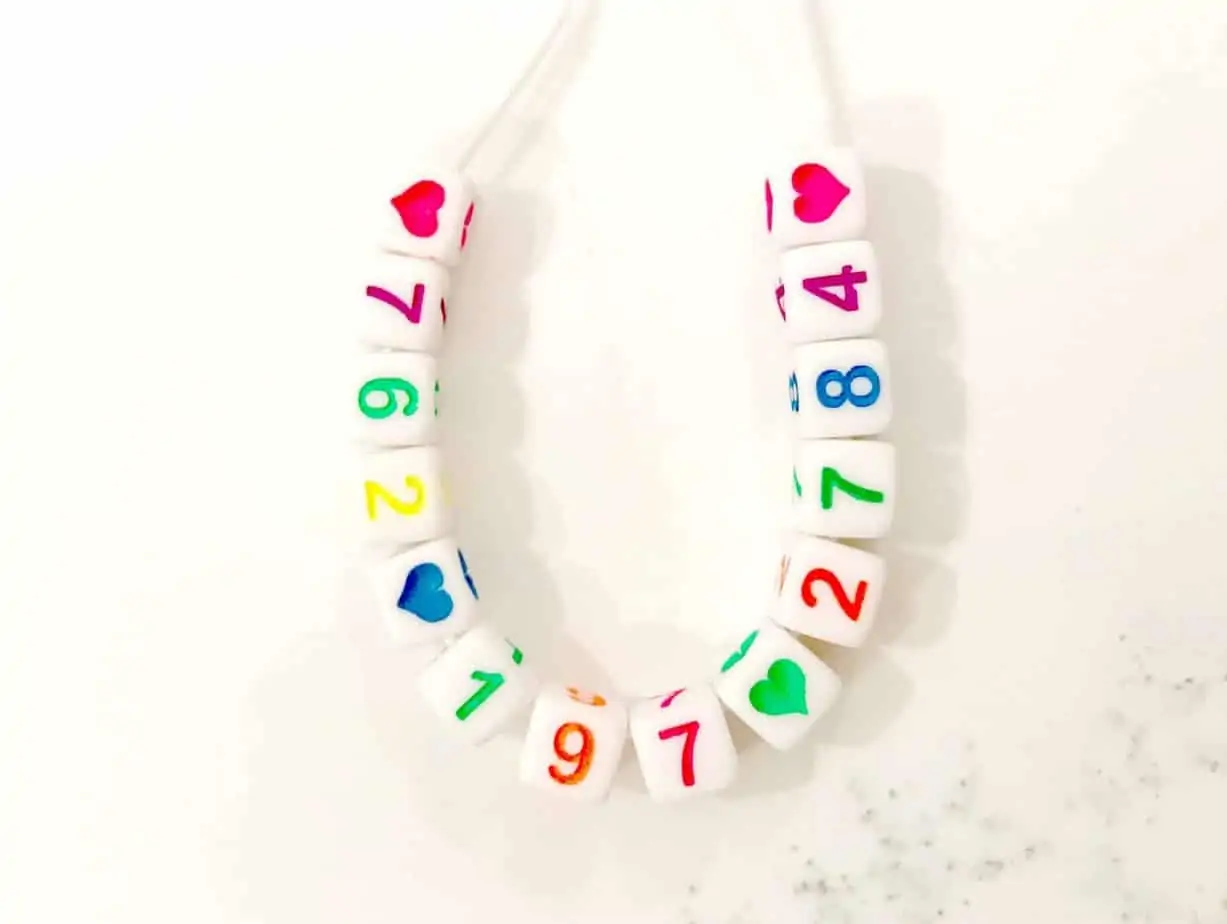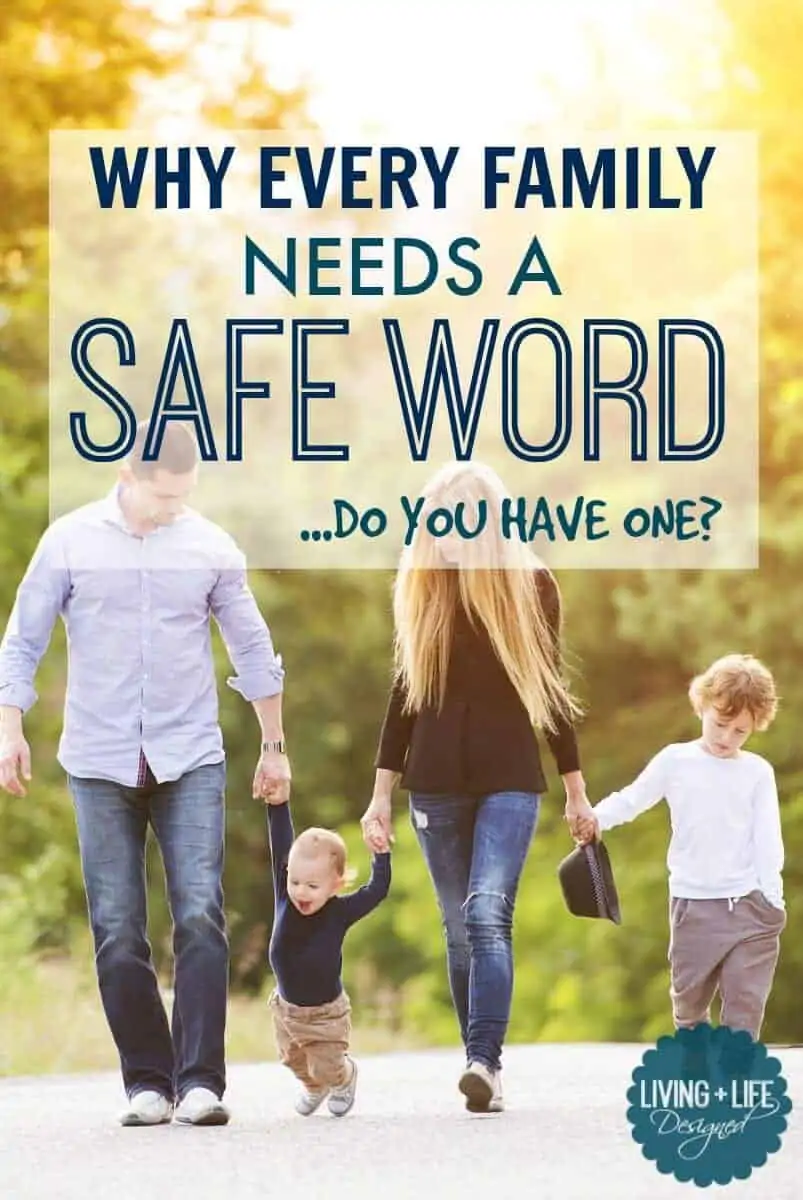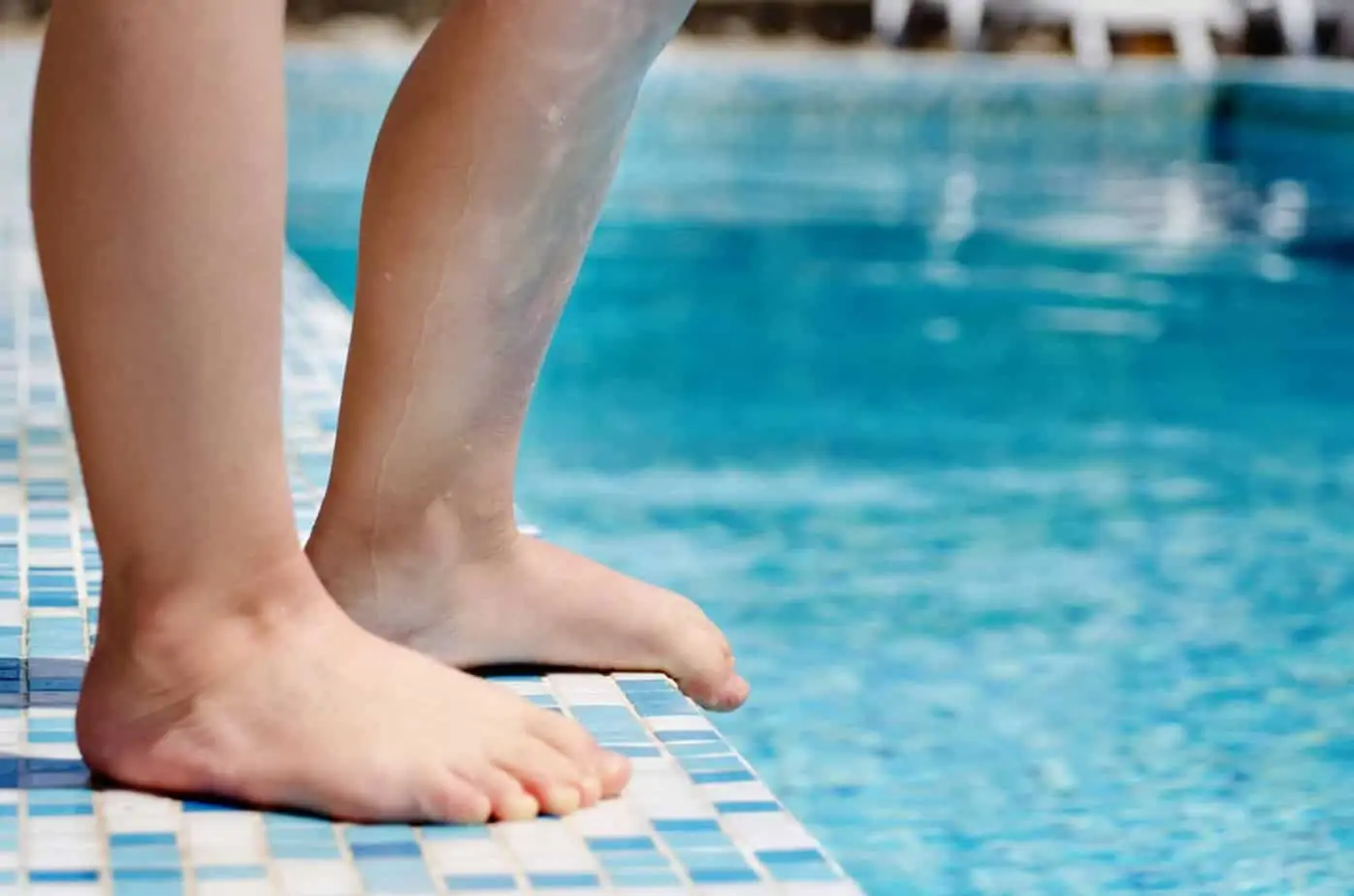When you’re a parent, being educated about the signs of Child Abuse is imperative.The statistics of *reported* child abuse are this: 1 in 5 girls and 1 in 8 boys will experience some form of child abuse before the age of 18. Know the signs of child abuse including signs of sexual abuse, signs of emotional abuse and signs of physical abuse in children. Educate yourself and your children about child predators and be informed of these warning signs of abuse in children. Learn the signs of sexual abuse, physical abuse and emotional abuse and molestation of children. Don’t be afraid to talk about unsafe situations and people with your kids – the more knowledge they have, the safer they will remain and won’t be afraid to tell.
It’s hard for a parent to think of their child being the target of abuse. We try our best to keep them safe, to protect them by any means possible, yet, statistics still stoke our parenting fears.
In fact, 1 in 5 girls and 1 in 8 boys will experience some form of abuse before the age of 18.
We teach our kids about unsafe people, unsafe situations and are on the lookout for people who may harm our children, but what if the unthinkable does happen?
Often, kids won’t tell us straight away. But there are signs they’ll exhibit if they have been victims of abuse. The body language and behavior they present is a way of communicating to you for help, but you’ll only see it if you know what to look for.
The cold-hard fact is that abuse is most often perpetrated by someone you know and trust – a family member, friend, your child’s best friend’s sibling, neighbor, coach or even a sibling.
Know the warning signs of a predator who is grooming your child is one thing, knowing the warning signs of child abuse, particularly signs of sexual abuse in children inflicted from a child predator.
Some of these signals will trigger alarms but also be aware that they don’t mean your child is being abused – they’re just warning signs that require investigating regardless.
Sometimes these red flags may be attention-seeking behavior, or a cry for help that something else going on in their life.
The best way to spot and respond to these signs is to have an healthy emotional relationship with your child and consistently have informative conversations about body safety, safety rules, role playing potential unsafe situations, and even to create a safe word for your family.
WARNING SIGNS OF CHILD ABUSE
- Behavior changes –> fear, anxiety, depression, withdrawal, aggression, not wanting to go home or go to a certain person’s house, appearing withdrawn, afraid or nervous around certain individuals.
- Overly sexualized behavior
- Use of explicit sexual language that’s age inappropriate
- Sudden interest in sexual pictures, movies, media
- Changes in sleep patterns including frequent nightmares, difficulty falling or staying asleep.
- Changes in school/sports performance and attendance; unable to concentrate or frequent absences and excuses to skip these things; grades deteriorate
- Reluctance to leave school or activities and go home
- Sudden loss of self-confidence, self-esteem
- Rebellious or defiant behavior not previously exhibited
- Unusual eating habits that lead to extreme weight gain or weight loss
- Unexplained injuries such as bruises, welts, bumps, or broken bones
- Trouble walking, sitting, running or doing normal activities
- Sudden interest and use of drugs and alcohol
- Attempt to run away or escape
- Suicide attempt
SIGNS OF PHYSICAL ABUSE
- Unexplained injuries such as bruises, welts, bumps, fractures, burns or broken bones
- Injuries that don’t match explanations
- Injuries that are left untreated – medical and dental
SIGNS OF SEXUAL ABUSE
- Over sexualized behavior or sexual interest that’s inappropriate to the child’s age is the biggest red flag / sign of sexual abuse
- Use of explicit sexual language that’s age inappropriate
- Infections, sexually transmitted disease, pregnancy
- Trouble walking, sitting, running or doing normal activities
- Genital pain
- Blood in the child’s underwear
- Abusing other children (sexually)
- Inquiry and statements of sexual abuse
SIGNS OF EMOTIONAL ABUSE
- Loss of self-esteem, self-confidence, and self-image
- Delayed emotional development
- Social withdrawal or loss of interest/enthusiasm for things they previously enjoyed
- Symptoms such as headaches, stomachaches, pain without any medical cause
- Desperately seeks affection and love
- Attempt to run away or escape
- Decrease or complete loss in academic, sports and outside interests
SIGNS OF GENERAL CHILD ABUSE & NEGLECT
- Poor hygiene
- Poor growth/weight gain
- Lack of adequate clothing / supplies to meet the child’s needs (shoes are wrong size, holes in clothing, not weather appropriate)
- Taking/stealing food, money or other’s things without permission
- Hiding food for later
- Poor school attendance
- Emotional and physical outbursts that are out of context or inappropriate
- Obvious lack of medical, dental or psychological care
Sometimes it isn’t our own child that needs help. Friends or other children you’re in contact with may show signs of child abuse. As a parent and an adult, it is your responsibility to not only protect your own child but other children who can’t protect themselves.
Not only do children give off warning signs, their parents, guardians or those close to them will also show behavior which sends red flags to indicate signs of abuse.
ADULTS WHO ABUSE: SIGNS OF CHILD ABUSE
- Shown little or no concern for the child
- Appears to be indifferent or not recognize physical or emotional distress in the child
- Denies knowledge of any problems at home or instead of confronting the problem, blames the child for the issue(s)
- Uses negative terms to describe the child such as “bad,” “evil,” “worthless,” and other derogatory terms
- Belittles, blames, and berates and talks negatively to the child in front of others
- Limits the child’s interactions and contact with others
- Offers conflicting or poor and unconvincing explanations for the child’s injuries or absences
- Uses harsh and punitive discipline or asks others to use that form of punishment
- Demanding unachievable levels of academic and/or physical performance
- Corporal punishment such as spanking, hitting that leaves physical scars or pain
Depending on the situation, if a child requires medical attention, seek immediate attention by calling 911.
Get in contact with your local police department, a local child protective agency, or 24-hour hotline such as the Childhelp National Child Abuse Hotline at 800.422.4453.
This website offers a listing of agencies in each state to call for help or to report suspected abuse and neglect.
Recommended Books about Child Safety:
You Might Want to Read…
- Keep Your Kids Safe in Crowded Places
- What Happened to Our Daughter and Why We Created a Safe Word
- Educating Children on Body Safety
- Safety Rules Every Child Should Know
- Identifying a Predator and Protecting Your Kids
- 10 Prevention Tips for Parents
Want even more?
Shop All Parenting Resources
Shop all of our parenting resources from self-regulation tools and managing big emotions to building self esteem and confidence. There are resources for all seasons of life!
